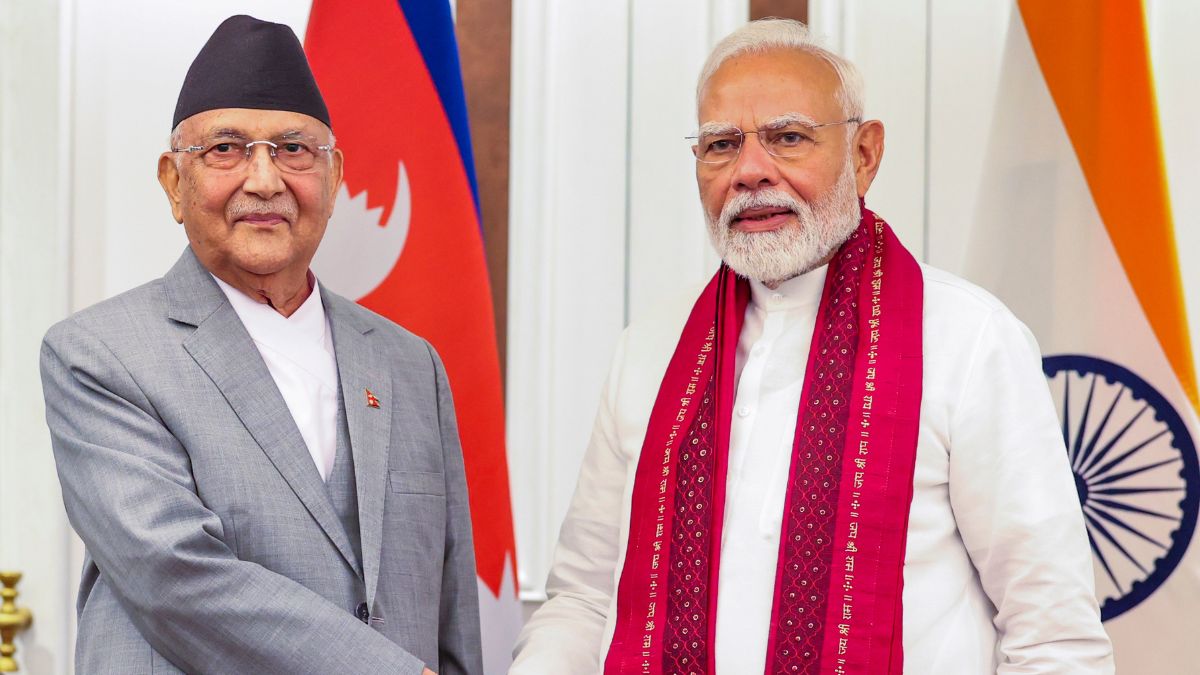The row over the Kalapani, Lipulekh, and Limpiyadhura borders between India and Nepal remains ongoing ahead of Prime Minister K P Sharma Oli’s visit to New Delhi.
The seeds of tension were sown after Chinese Foreign Minister Wang Yi and India’s National Security Advisor Ajit Doval signed an agreement to reopen trading routes, including the Lipulekh pass.
Nepal has said that the deal was struck without its consent and therefore undermines the country’s sovereignty. Members of the Nepalese Parliament across party lines said, “Unilaterally deciding the use of Nepali territory is not acceptable.”
Border issue reaches parliament
Kamal Thapa, former Foreign Minister and Chairman of the Rastriya Prajatantra Party-Nepal, urged Prime Minister Oli to address the issue during his upcoming visits to Beijing and New Delhi.
Mahesh Bartaula, Chief Whip of the ruling Communist Party of Nepal-UML, described the India-China agreement as “a dilution of Nepal’s sovereignty.” Nepali Congress leader Bishwa Prakash Sharma emphasised that all political parties stood united on the matter.
Oli is set to visit China later this month to attend the Shanghai Cooperation Organisation summit, following which he will be travelling to India on September 16.
Nepal’s Foreign Ministry has said that areas lying east of the Mahakali River, including Kalapani, Lipulekh and Limpiyadhura, are “integral parts of Nepali territory,” adding that India and China have been formally asked not to carry out trade activities in these areas.
India rejects Nepal’s claims
India has categorically rejected Nepal’s objection to a decision by New Delhi and Beijing to resume border trade through Lipulekh pass, saying Kathmandu’s claims on the territory are not justified.
In 2020, Nepal triggered a border row by issuing a political map that showed Kalapani, Limpiyadhura and Lipulekh as part of the country. India had strongly trashed the claims.
Impact Shorts
More ShortsExternal Affairs Ministry spokesperson Randhir Jaiswal rejected Nepal’s territorial claims.
“We have noted the comments of the Ministry of Foreign Affairs of Nepal related to the resumption of border trade between India and China through the Lipulekh pass,” he said.
“Our position in this regard has been consistent and clear. Border trade between India and China through Lipulekh pass had commenced in 1954 and has been going on for decades,” he added.
With inputs from agencies


)

)
)
)
)
)
)
)
)



